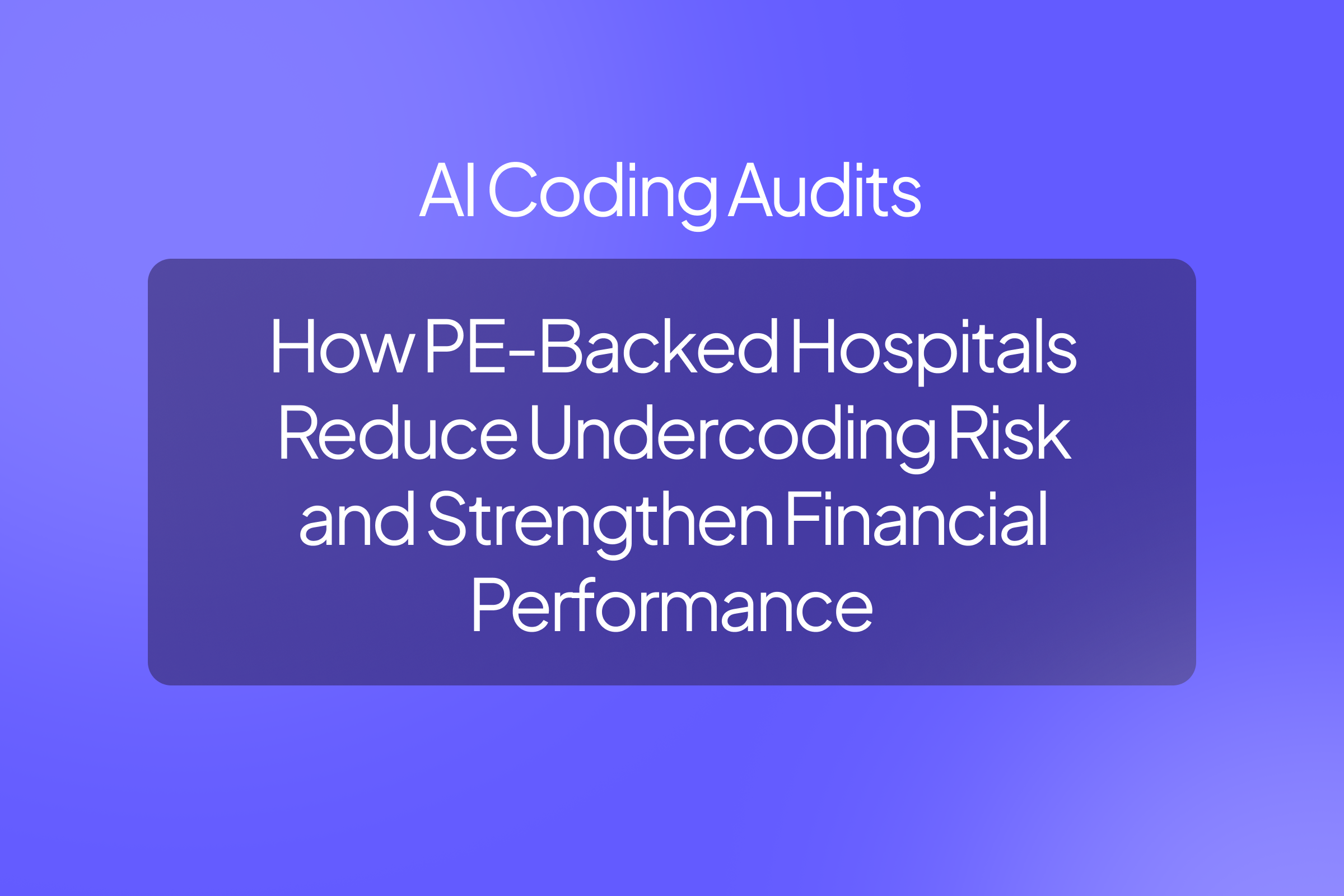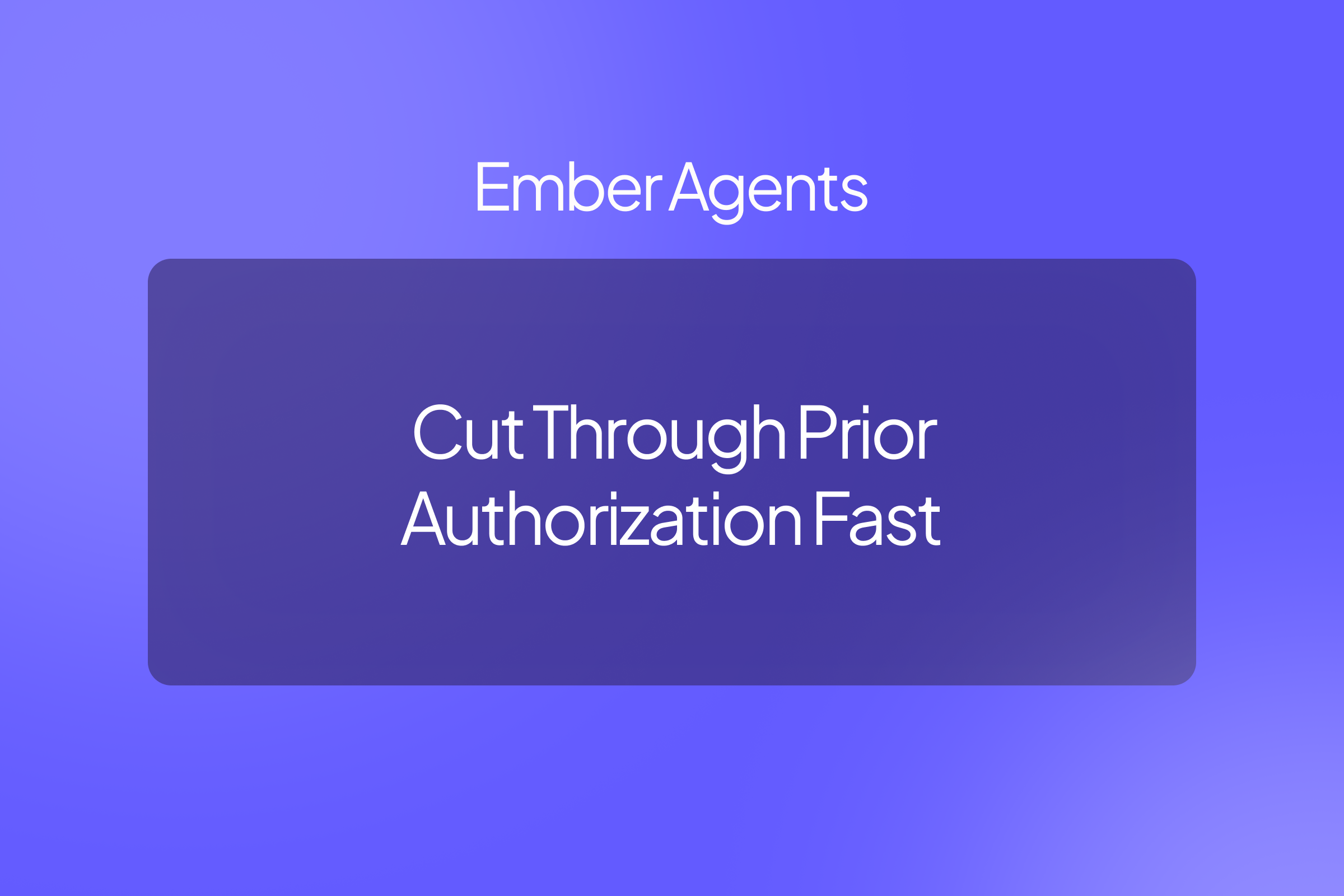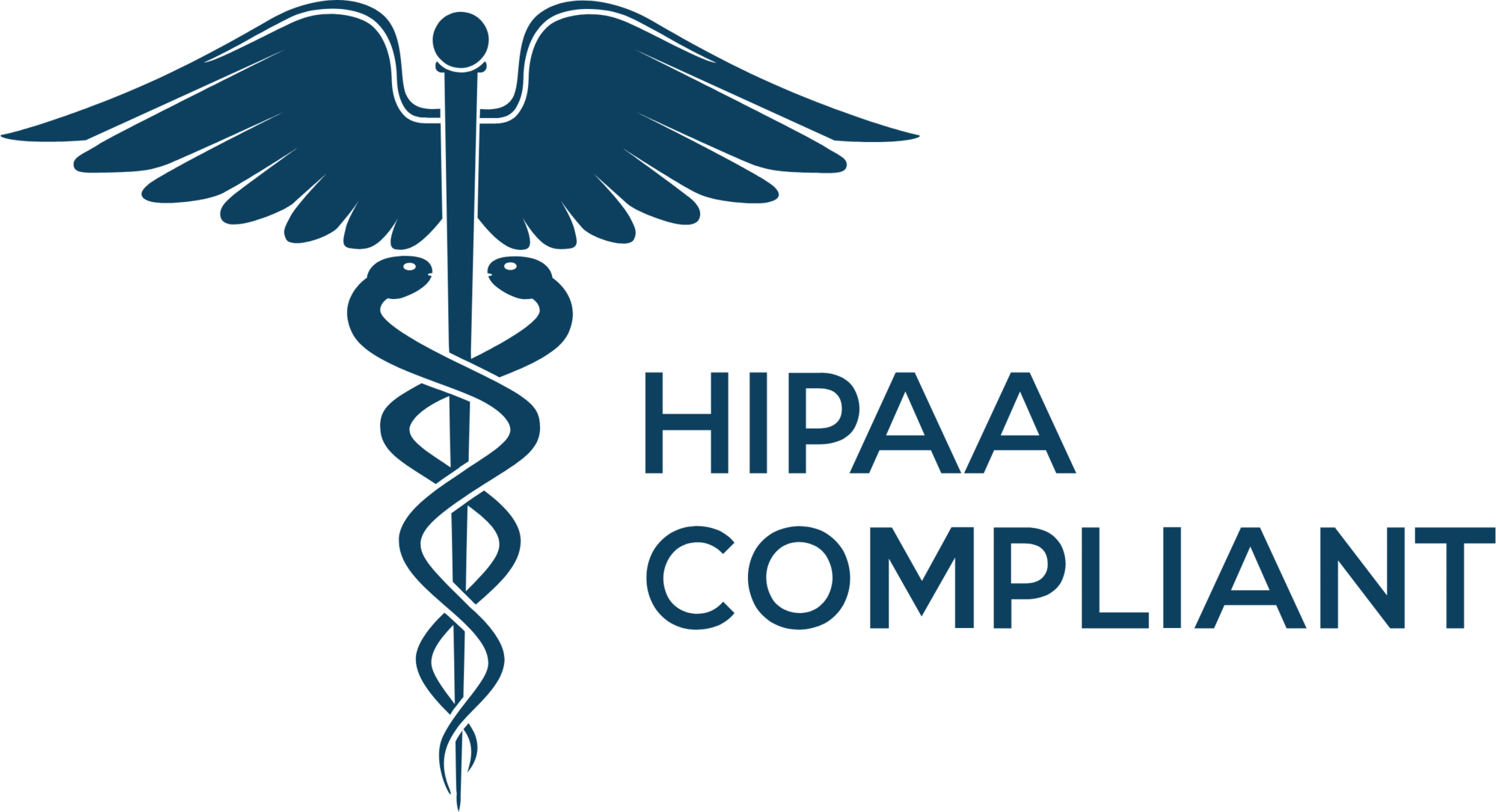
Decoding PR-177 Denials: A Comprehensive Guide for Healthcare RCM Teams
1. What Does PR-177 Claim Denial Mean?
Explaining PR-177 in simple terms
PR-177 indicates that the patient does not meet the required eligibility criteria for the service being billed. The "PR" prefix signifies that this is a patient responsibility denial, meaning the patient may be liable for the cost of services when eligibility requirements are not met.
Why this denial happens and what it means for your claim
- Patient does not meet specific eligibility criteria set by the insurance plan
- Required conditions or prerequisites for coverage are not satisfied
- Documentation may be insufficient to prove eligibility
- Plan-specific requirements may not have been met
- Coverage restrictions based on patient characteristics or conditions
2. Top Reasons Claims Are Denied (Including PR-177)
Common causes of claim denials
- Patient does not meet age requirements for specific services
- Required preconditions or diagnoses are not documented
- Lack of required screening or preliminary services
- Missing documentation to support eligibility criteria
- Patient does not meet clinical guidelines for service
How PR-177 compares to other denials
PR-177 denials are distinct because they focus specifically on patient eligibility requirements rather than coverage limitations or coding issues. Unlike administrative denials that can be resolved through corrected information, PR-177 denials often involve complex clinical and policy requirements that must be met before services are rendered. These denials require thorough understanding of payer-specific eligibility criteria and careful pre-service screening.
3. How Claim Denials Like PR-177 Affect Your Revenue
The financial and operational impact of denied claims
- Results in uncollectible charges when eligibility cannot be established
- Requires significant time for eligibility verification and documentation
- May lead to delayed or denied care until requirements are met
- Creates additional administrative burden for verification processes
- Can impact patient satisfaction when services are delayed
Why addressing denials is critical for your practice
Managing PR-177 denials effectively is crucial for maintaining financial stability and ensuring appropriate patient care. These denials can significantly impact revenue when services are provided to ineligible patients. Early identification and verification of eligibility requirements helps prevent denied claims and ensures that services are only provided to patients who meet necessary criteria.
4. The Key to Reducing PR-177 Denials
Actionable steps to minimize this specific denial
Preventing PR-177 denials requires implementing comprehensive pre-service eligibility verification processes. Practices should establish clear protocols for checking all eligibility requirements before services are rendered, including verification of age restrictions, diagnosis requirements, and other clinical criteria. Staff should be trained on payer-specific eligibility requirements and documentation needs.
Best practices for improving claim accuracy
Success in preventing PR-177 denials depends on thorough pre-service screening and documentation. Practices should:
- Develop comprehensive eligibility verification checklists for each service type
- Maintain updated databases of payer-specific eligibility requirements
- Implement protocols for documenting that all criteria are met
- Establish clear communication channels with providers regarding eligibility requirements
- Create processes for regular updates to eligibility verification procedures as payer requirements change
5. How Ember Can Help
Spot Claim Denials Before They Happen
- Predictive analytics flag high-risk claims automatically
- Alerts notify staff about missing authorizations
- Network status checks ensure compliance.
- Real-time eligibility verification avoids surprises later
Turning Denials Into Opportunities
Ember doesn’t just help resolve denials—it helps you learn from them. By analyzing patterns in denial data, you can identify recurring issues and improve processes. This ensures:
- Better understanding of claim requirements
- Improve staff training and workflows
- Fewer denials overtime, with actionable insights to make smarter decisions
Turning challenges into opportunities leads to stronger performance and fewer claims falling through the cracks.
Making the process easier, faster, and more efficient
Ember improves every step of the denial management process by automating tasks such as eligibility checks and verification. With Ember, you can:
- Save time by reducing manual work.
- Provide staff with clear alerts and next steps for resolution.
- Ensure a faster and more reliable claim submission process.
Ember Copilot helps reduce the effort required, lowers denial rates, and boosts overall efficiency for your team.
Lynn Hsing is a recognized leader in healthcare marketing. Having worked closely with health systems and providers, Lynn brings a nuanced understanding of the challenges they face — from administrative burden and claim denials to reimbursement delays and staff shortages. This firsthand insight has shaped Lynn’s ability to translate complex AI solutions into meaningful value for healthcare organizations.








